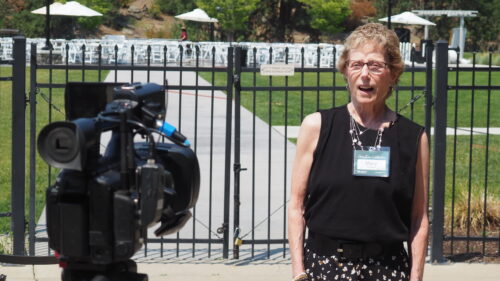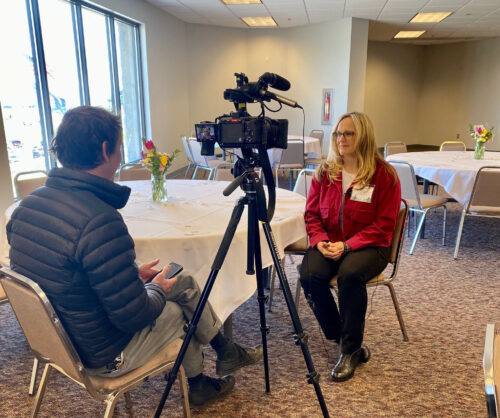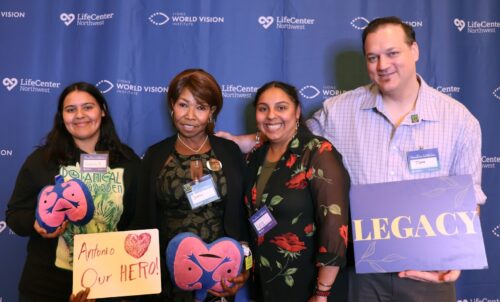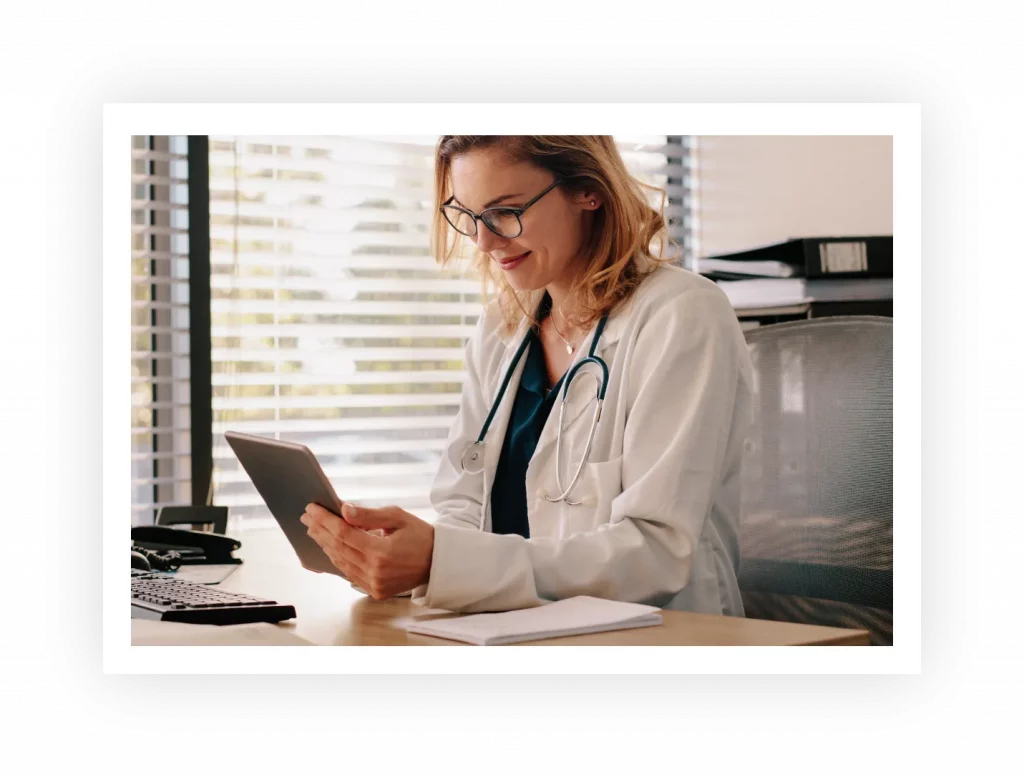
LifeCenter Northwest shares the same goal as the many medical professionals we work with every day: to save lives.
It all starts with you
Transplantation is one of the great medical advancements of our time. Last year, over 40,000 organ transplants and 1 million tissue transplants were performed.
However, without close collaboration between hospitals and organ procurement organizations, none of those transplants would be possible. The referral call is the catalyst for every single donation case. Organ and tissue donation truly does start with you.
There are more than 100,000 people on the transplant waiting list, yet less than 1 percent of people who die will have the opportunity to become an organ donor. Because the opportunity is so rare, developing a standardized process for patient and family care is essential for success.
As the waiting list continues to grow, we want to make sure that we do not miss any opportunity to close the gap between the number of available organs and those waiting for the gift of life. Thank you for being an integral part of the donation process. Together, we will continue to work to save lives through organ and tissue donation.
The implementation of a well-formulated plan can turn a loss into hope and offer a second chance at life for those on the waiting list.

Find your hospital’s dedicated donation representative
Every hospital across Alaska, Montana, North Idaho and Washington has a dedicated Hospital Development Representative from LifeCenter Northwest.
That representative works to be a respectful, collaborative member of your team, and to help keep you up-to-date on policy and procedure changes relating to organ and tissue donation.
It is helpful to keep it simple when talking with families
Delivering a grave prognosis to a family can be an extremely difficult task for physicians. For professionals devoted to saving lives, it may seem overwhelming to deliver heartbreaking news. It is natural to want to provide something potentially positive with the delivery of a grave prognosis, and it might seem right to mention the potential of helping others through donation during this emotional injury.

How are we doing?
Your opinion is important to us. What would make your donation experience better? Click below to provide feedback about recent donor cases.
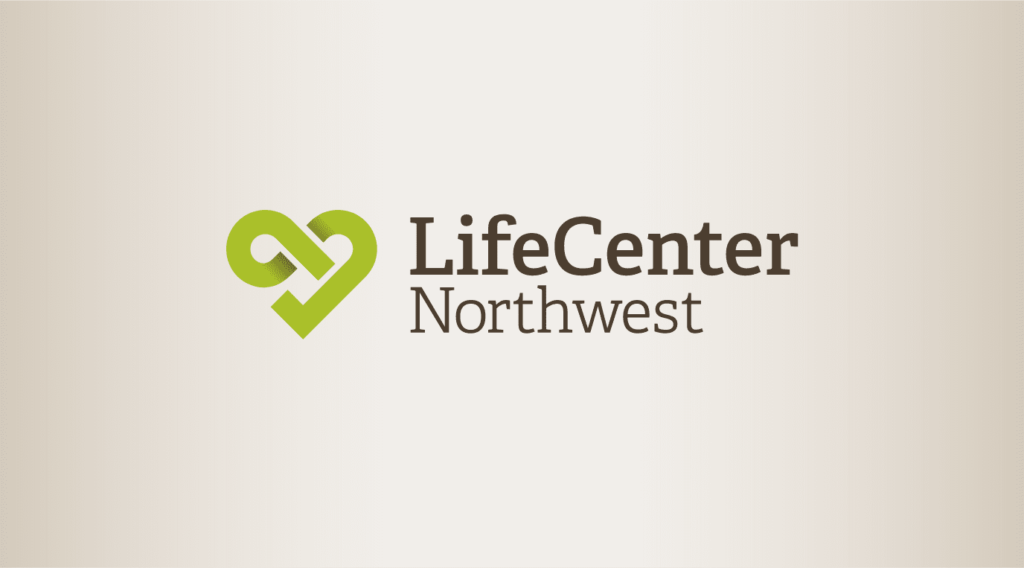
Preserving Your Patient’s Donation Opportunity
Many things need to occur for one person to save a life through organ donation. Without an invested hospital care team, the donation opportunity could easily be lost.
How can you help preserve your patient’s
donation opportunity?
- Keep it simple—Coaching your team to remember what is good for the patient is good for the donor
- Remember and remind the care teams the rules of 100s:
- Systolic BP-100
- Urine Output-100
- PaO2-100
- Remind your team to never make assumptions on who can be a donor. Many rule outs from the past may no longer preclude donation. Rely on LifeCenter Northwest to determine donor suitability.
The LifeCenter Northwest Blog
Keep up with the latest news and resources from the leaders and members of our organization.
Work at LifeCenter
Join our team and help save lives through organ and tissue donation.
Newsletter
Organ donation and transplantation news for our hospital and donation partners.
Webinars, Workshops and CEUs
Want to learn more about your role in the donation process? Here are educational resources for our hospital partners.
Accreditation, Certificates and Registrations
LifeCenter Northwest upholds the most up-to-date accreditation, certificates and registration documents.


